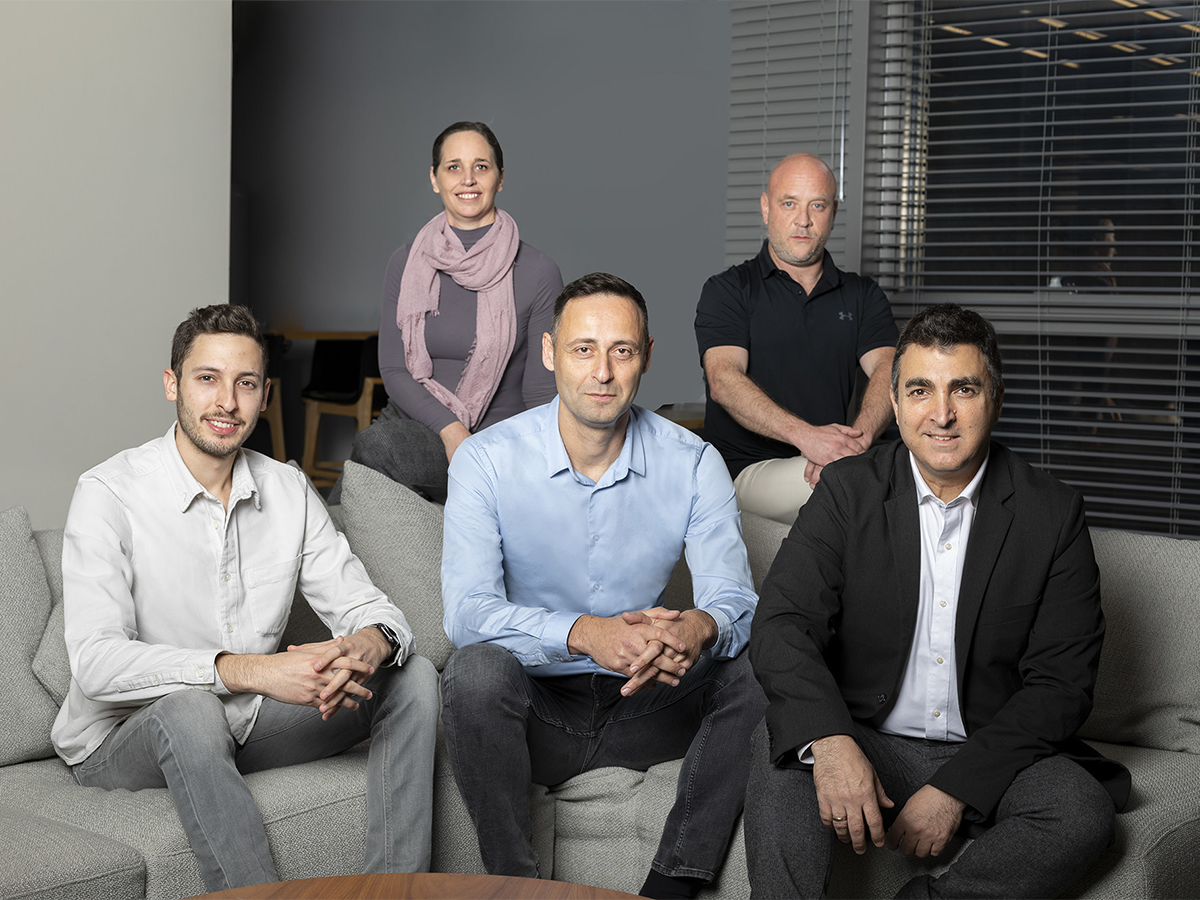Cvaid
Medical Ltd. secured $4 million in a series A financing to further develop
its mobile stroke diagnostic, monitoring and treatment platform. The Israeli
Rad Biomed investment fund led the round with participation from Philips
Ventures and SanaraCapital. As part of the financing, a representative from
Philips will join the board. 
The smartphone-based system, Cvaid uses artificial intelligence to process
and analyze video and voice recordings to identify and assess the severity of
patients experiencing stroke, also called cerebrovascular accidents (CVAs),
in the emergency department or pre-hospital settings. As neurologists have
long noted, “time is brain” and prompt detection of strokes is critical to
receiving treatment that can save tissue and preserve function.
"This successful investment round signals a major vote of trust in
Cvaid's ability to generate a revolutionary change and become the ‘visual
ECG’ of cerebrovascular accidents,” said Cvaid CEO Oren Dror. “Joining up
with investors of this magnitude will allow us to significantly accelerate
our strategic plan, which includes completing regulatory processes with the
FDA and CE, continuing clinical research, and recruiting additional
first-rate personnel to the company to expand our groundbreaking development
center in Israel."
The first priorities for the new funds will focus on launching the pivotal
studies in the U.S. and EU that are critical to obtaining regulatory
approvals, Dror told BioWorld. The Tel Aviv-based company previously raised
$500,000 in seed capital from private investors and received grant support
from the Israel Innovation Authority.
Sanara’s support extends beyond the provision of funds. “The field of
neuroscience in general, and the diagnosis and treatment of the brain in
particular, is one of the most developing fields in medicine in recent years
and we will be happy to help the company with Sanara's global network of
contacts with hospitals and other medical leaders of opinion promoting
groundbreaking medical innovation like Cvaid," noted Sanara CEO Assaf
Barnea.
Sanara Capital is the incubation arm of Sanara Ventures. The investor’s A
Round Program provides hands-on portfolio management and strategic support to
startups as they scale their operations. Sanara Ventures is backed by Royal
Philips Healthcare and Teva Pharmaceuticals.
Timely diagnosis of stroke
Worldwide, 15 million people experience a stroke each year. In the U.S.,
stroke affects 850,000 individuals annually. While the National Institutes of
Health Stroke Scale toll is widely used to quantify the impairment caused by
a stroke, its use is largely limited to neurologists. As a result, many
strokes go undiagnosed at assisted living centers and patient’s homes,
resulting in delayed care and unnecessary brain damage.
A study published in Stroke found that the majority of stroke patients in
the U.S. do not have access to endovascular thrombectomy in a timely manner.
One of the complications is the need for a referral and transportation from a
hospital where the patient is first diagnosed with a stroke to one that can
perform the clot-removing procedure. The researchers recommended a bypassing
model that takes patients directly to a hospital that can perform the
procedure as one option for speeding delivery of appropriate stroke care, but
that requires knowing that a patient is having a stroke.
Cvaid hopes to make that possible by allowing health care professionals or
non-health care providers to film a patient when stroke is suspected and to
upload it for evaluation by a neurologist through its app. A trained medical
team can perform a neurological examination based on video and voice
recordings of the patient. The platform’s artificial intelligence analyzes
the data from the recordings in real time.
“Computational image and voice processing using specific designed
algorithms can identify signals over noise significantly better then human
eyes or ears,” Dror explained. “We prioritize suspected stroke patients
according to the stroke severity, primarily discriminating between patients
for thrombectomy and drug therapy or standard of care for non-strokes.”
The system enables neurologists to remotely diagnosis patients and enhances
their abilities with the AI capabilities. “The AI looks into micro-movements
that a naked eye can hardly see in standard clinical practice,” Dror
added.
In combination, the platform could “improve identification of stroke
patients, shorten the phases of triage, and bring patients to imaging much
earlier. By doing that the system will increase the [number of] stroke
patients that are actually being treated, decrease the number of non-stroke
patients that are sent for treatment” and make the whole process more
efficient,” Dror noted.
Expanded uses
Patients who have had a stroke can also be monitored for future strokes
using the mobile system, a process that takes about five minutes every two
weeks.
In addition, the company plans to use the platform to diagnose a range of
neurological conditions beyond stroke, including Alzheimer’s disease and
epilepsy by customizing the tool.
|


